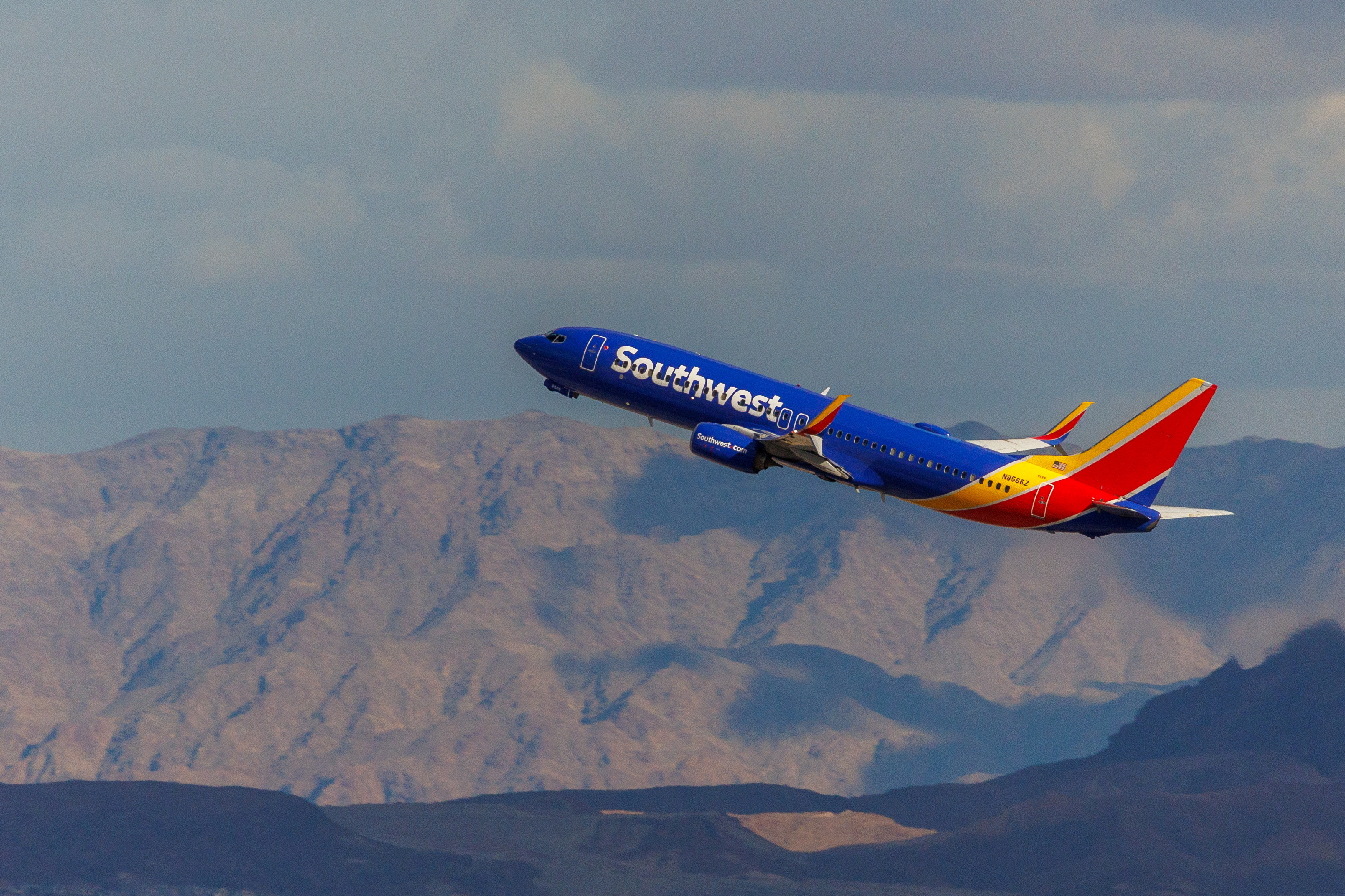
In recent developments, several prominent airlines have opted to bypass Afghan airspace entirely, citing growing concerns about regional instability. This precautionary measure underscores a broader trend of heightened vigilance in the aviation sector, where security considerations increasingly shape flight planning.
The decision to reroute flights stems from a complex geopolitical landscape. The ongoing conflict in neighboring countries and intermittent hostilities have raised alarms about the potential threats posed to commercial aviation. Airlines are prioritizing passenger safety, opting for longer routes that avoid potentially volatile regions. This strategy aligns with a broader industry trend of cautious navigation amid global uncertainties.
The shift in flight patterns also reflects broader changes in international air travel dynamics. As airlines adjust to the evolving risks, they are investing in advanced surveillance and tracking technologies to ensure the security of their routes. Enhanced collaboration with international aviation authorities is also a key aspect of these adjustments, aiming to provide real-time updates and mitigate potential threats.
This realignment of flight paths impacts various regions, with airlines rerouting flights not only to avoid Afghan airspace but also to navigate around other areas with heightened risk levels. These adjustments are particularly significant for airlines operating long-haul routes, where the detours may lead to increased fuel consumption and longer travel times.
The economic implications of these changes are also notable. Airlines are facing increased operational costs due to longer flight routes and additional fuel expenses. In response, many carriers are revising their ticket pricing structures to accommodate the higher costs. Passengers may experience longer journey times and potential schedule changes as airlines adapt to the new routes.
Industry experts emphasize that these measures are part of a proactive approach to ensuring passenger safety amidst an unpredictable geopolitical climate. Airlines are working closely with international aviation organizations to stay informed about evolving risks and to adjust their operations accordingly.
The focus on safety and security remains paramount as airlines navigate these challenges. Enhanced risk assessments and strategic planning are critical components of maintaining operational integrity and ensuring the well-being of passengers and crew members.
Overall, the decision to reroute flights over Afghanistan highlights the ongoing efforts of airlines to adapt to a dynamic and often volatile geopolitical environment. As the Middle East continues to present significant risks, the aviation industry remains vigilant, balancing safety concerns with the logistical demands of global air travel.
Topics
Spotlight
